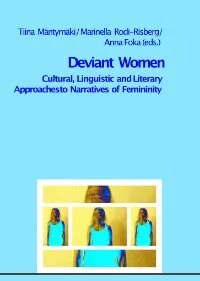By Éléonore Lépinard
For more than two decades Islamic veils, niqabs, and burkinis have been the object of intense public scrutiny and legal regulations in many Western countries, especially in Europe, and feminists have been actively engaged on both sides of the debates: defending ardently strict prohibitions to ensure Muslim women’s emancipation, or, by contrast, promoting accommodation in the name of women’s religious agency and a more inclusive feminist movement. These recent developments have unfolded in a context of rising right-wing populism in Europe and have fueled “femonationalism,” that is, the instrumentalization of women’s rights for xenophobic agendas. This book explores this contemporary troubled context for feminism, its current divisions, and its future. It investigates how these changes have transformed contemporary feminist movements, intersectionality politics, and the feminist collective subject, and how feminists have been enrolled in the femonationalist project or, conversely, have resisted it in two contexts: France and Quebec. It provides new empirical data on contemporary feminist activists, as well as a critical normative argument about the subject and future of feminism. It makes a contribution to intersectionality theory by reflecting on the dynamics of convergence and difference between race and religion. At the normative level, the book provides an original addition to vivid debates in feminist political theory and philosophy on the subject of feminism. It argues that feminism is better understood not as centered around an identity—women— but around what it calls a feminist ethic of responsibility, which foregrounds a pragmatist moral approach to the feminist project.
New York: Oxford University Press, 2020. 337p.










